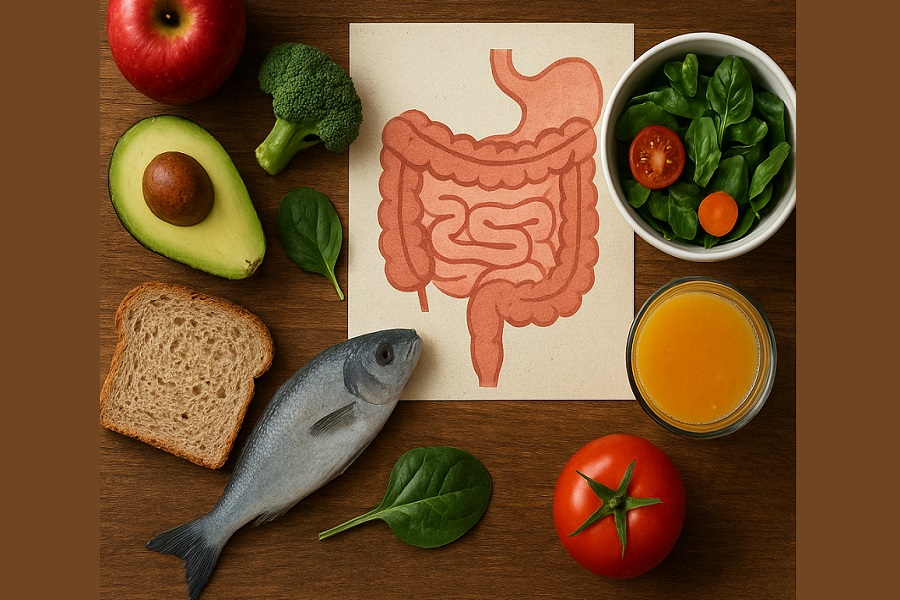
Follow us Now on Telegram ! Get daily 10 - 12 Interesting Updates. Join our Telegram Channel https://t.me/OhWomen
Download Telegram App before Joining the Channel
Gut health has become a major focus in nutrition and wellness circles, and for good reason. The state of your digestive system impacts not just digestion, but also immunity, mood, and overall well-being. What you eat plays a pivotal role in nurturing a healthy gut microbiome — the vast community of bacteria, fungi, and other microorganisms living in your digestive tract. This article delves into the fascinating connection between diet and gut health, explaining how certain foods can either promote balance or disrupt it, and offering practical tips to support a flourishing gut.
Exploring the Link Between Food and Gut Health: How Your Diet Shapes Your Digestive Wellness
Gut health has emerged as a cornerstone of overall health, influencing everything from digestion and immune defense to mental clarity and emotional balance. Central to this is the gut microbiome — a diverse ecosystem of trillions of microbes residing primarily in the large intestine. These microorganisms assist in breaking down food, synthesizing vitamins, and training the immune system. But what we feed our body directly affects these tiny allies.
How Food Impacts Gut Health
Fiber: The Gut’s Best Friend
Dietary fiber, found in fruits, vegetables, whole grains, nuts, and seeds, acts as fuel for beneficial gut bacteria. When these microbes ferment fiber, they produce short-chain fatty acids (SCFAs) such as butyrate, which nourish the cells lining the colon and reduce inflammation.
Fermented Foods: Cultivating Friendly Bacteria
Foods like yogurt, kefir, sauerkraut, kimchi, and kombucha contain live probiotics — beneficial bacteria that can boost microbial diversity and enhance digestion.
Prebiotics: Feeding the Microbes
Prebiotics are types of fiber that selectively feed good bacteria. Examples include garlic, onions, leeks, asparagus, and bananas. Including these in your diet helps promote a balanced gut flora.
Processed Foods and Added Sugars: The Disruptors
Highly processed foods and excess sugars can feed harmful bacteria and yeast, leading to an imbalance called dysbiosis. This can trigger inflammation, digestive discomfort, and even influence mood disorders.
Polyphenols: Plant Compounds with Gut Benefits
Polyphenol-rich foods like berries, dark chocolate, green tea, and red wine have antioxidant properties and support the growth of beneficial bacteria.
Signs of Poor Gut Health
Bloating, gas, and irregular bowel movements
Food intolerances and sensitivities
Fatigue and brain fog
Skin issues such as acne or eczema
Frequent infections or weakened immunity
Tips to Support a Healthy Gut Through Food
Prioritize a diverse diet rich in whole, unprocessed foods.
Include a variety of fiber sources daily.
Add fermented foods regularly.
Limit processed snacks, fried foods, and added sugars.
Stay hydrated and manage stress, as it also affects gut health.
Your gut is more than just a digestive organ — it’s a vibrant ecosystem that thrives on the right foods. By making mindful dietary choices, you can nurture a balanced microbiome, which in turn supports digestion, immunity, and even mental well-being. Start small by incorporating fiber-rich and fermented foods, and pay attention to how your body responds. A healthy gut is the foundation of a healthier you.